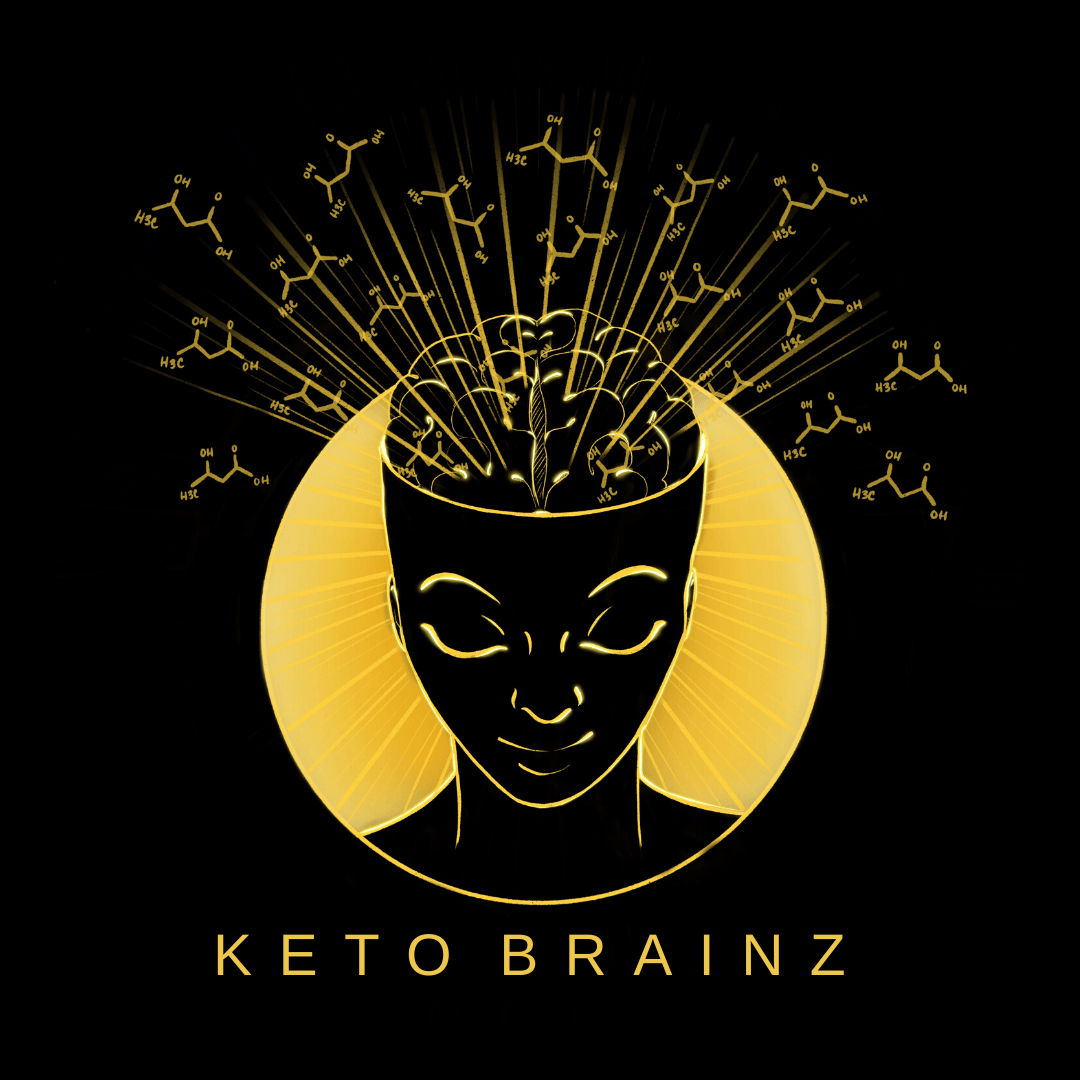What is choline? Why is it important and what role does it play in methylation?
Let's delve into choline's importance in our diet and how it contributes to maintaining our overall health. We'll also look at choline's role in the complex process of methylation, which influences our genes and overall well-being.

Firstly, why is choline important for us?
Choline is a critical nutrient involved in several bodily functions, including:
• Supporting methylation reactions by donating a methyl group.
• Assisting in the formation of acetylcholine, a neurotransmitter responsible for cell signaling.
• Participating in the formation of phosphatidylcholine, an essential part of our cell membranes.
• Preventing non-alcoholic fatty liver disease by counteracting choline deficiency.
Choline plays a pivotal role in lipid metabolism and DNA methylation.
As a major dietary source of methyl groups, choline helps to drive methylation reactions that support cognitive function, fetal neural development and detoxification.
It aids in maintaining healthy cell membranes and serves as a precursor for the neurotransmitter acetylcholine and other key metabolic pathways. Choline is also responsible for donating methyl groups, which are crucial for methylation reactions in our bodies. While our body can produce some amount of choline, it's not sufficient to meet all our needs, and hence we need to source it from our diet.
Phosphatidylcholine, a component formed by choline, forms a critical part of our cell membranes and plays a crucial role in eliminating fat from our liver. Without it, we become more susceptible to non-alcoholic fatty liver disease.
Phosphatidylcholine also acts as a precursor for acetylcholine, a neurotransmitter that supports cognitive performance and muscle contraction.
Now, let's look at methylation and why it matters.

Methylation: The Master Regulator of Gene Function
Methylation is a process that involves the transfer of methyl groups (a carbon atom attached to hydrogen atoms) and is fundamental to life. It's a process that our bodies rely on to regulate various systems for optimal functionality. SAMe, or S-adenosyl-L-methionine, is a molecule that donates a methyl group to support our cardiovascular, detoxification, and neurological systems. Without methyl-folate, this process halts, leading to various symptoms.
Our bodies comprise trillions of cells, each containing genes that make us unique. One such gene, the MTHFR gene, assists in processing folate. However, up to 60% of individuals carry a variation of this gene, potentially leading to reduced levels of folate and B vitamins and increased levels of homocysteine. Over time, this can escalate the risk of several health issues, including heart disease, colon cancer, stroke, Alzheimer’s disease, and more.
Choline's Role in Methylation and Genotype Interaction
The MTHFR gene aids in producing an enzyme that helps convert folic acid into methyl-folate, a crucial step for methylation and optimizing various biological processes. Regrettably, a substantial portion of the population carries an MTHFR gene variant that could affect how the body metabolizes and converts dietary nutrients into active vitamins, minerals, and proteins.
Research reveals complex nutrient-genotype interactions that modify how choline-related metabolites and biomarkers respond to various choline intakes. For individuals carrying the MTHFR gene variant, it becomes more critical to consume sufficient choline to support methylation reactions and maintain optimal health. Choline supplementation has been shown to improve methylation outcomes and reduce the health impact of the MTHFR gene mutation.
While estimates vary, it is thought that up to 60% of the population may have some form of MTHFR mutation. This suggests that a significant portion of the population may have increased choline requirements due to their genetic makeup.
So, what foods and supplements should individuals with MTHFR mutations consider to support their choline and methylation needs?
Here are some options:
- Choline-rich Foods: Some of the best food sources of choline include eggs, liver, fish, and cruciferous vegetables such as broccoli and cauliflower.
- Choline Supplements: Choline supplements are available in various forms, including AlphaGPC and phosphatidylcholine.
- SAM-e: S-adenosylmethionine (SAM-e) is a molecule involved in methylation reactions in the body. It can support healthy methylation and may be helpful for individuals with MTHFR mutations.
- DIM: Diindolylmethane (DIM) is a compound found in cruciferous vegetables that may support healthy estrogen metabolism and promote methylation.
- Methylated B-Vitamins: Methylated forms of B-vitamins, including methyl-folate, methyl-cobalamin, and pyridoxal-5-phosphate (P5P), are important for individuals with MTHFR mutations as they are more readily utilized by the body.
What did we learn?
• Choline is a critical nutrient that helps maintain proper body functions, including maintaining cell structure and assisting in fat metabolism.
• Methylation, a vital biological process, helps regulate our genes. Molecules like choline and SAMe play a crucial role in this process.
• Choline and SAMe are pivotal for methylation. Their absence could impair bodily functions, leading to health issues.
• The MTHFR gene helps our bodies process folate. However, a variant in this gene could lead to health issues. This is where the role of choline becomes even more important.
• It's critical to maintain a balanced diet rich in choline and other nutrients for our bodies to function optimally. Eggs, organ meats and supplements such as AlphaGPC, methylated B vitamins, and Sam-e are excellent options.


